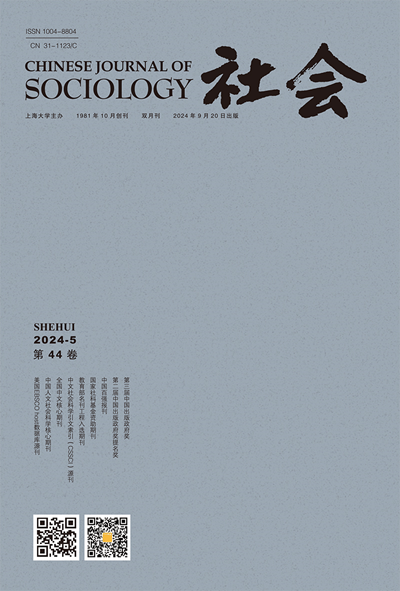政治因素如何影响农业技术变革--中国案例研究
IF 1.8
4区 社会学
Q2 SOCIOLOGY
引用次数: 1
摘要
作为20世纪70年代西藏现代化的主要成就,冬小麦的推广使西藏很少种植的小麦成为该地区的第二大作物。令人惊讶的是,最初强烈抵制冬小麦的西藏农民在短短两三年内就成为了积极的参与者。在这个过程中,国家是如何改变农民的态度的?国民政府是如何否定他们的抵抗的?基于文献和口述历史资料,本研究表明政治运动发挥了至关重要的作用。首先,阶级斗争包括镇压对新技术的抵抗,并促进农村社区分化,使农民之间的相互监督抵消了“弱者的武器”。第二,政治运动在重塑信仰和唤起情感方面的作用,通过将小麦描绘成解放的象征,激发了人们种植小麦的热情和政治认同感。然而,这场运动也对生产产生了一定的副作用,20世纪70年代末的整个项目因盲目的政治崇拜和对现实的忽视而误入歧途。本文章由计算机程序翻译,如有差异,请以英文原文为准。
How do political elements affect agricultural technological change?—A case study from China
As the main achievement of Tibetan modernization in the 1970s, the promotion of winter wheat enabled wheat, which had rarely been planted in Tibet, to become the second-largest crop in the region. Surprisingly, Tibetan peasants, who at first had strongly resisted winter wheat, became active participants in just two or three years. During this process, how did the state change peasants’ attitudes? How did the national government negate their resistance? Based on documents and oral history materials, this research study shows that political movement played a crucial role. First, the class struggle consisted of a crackdown on the resistance to new technologies and also promoting rural community differentiation so that mutual supervision among peasants neutralized ‘weapons of the weak’. Second, the function of political movement in remolding belief and arousing affection inspired people’s enthusiasm for growing wheat and their sense of political identity by portraying wheat as a symbol of emancipation. However, this movement also had certain side effects on production, and the whole project in the late 1970s was driven astray by blind political worship and neglect of realities.
求助全文
通过发布文献求助,成功后即可免费获取论文全文。
去求助
来源期刊

社会
Social Sciences-Social Sciences (all)
CiteScore
1.70
自引率
0.00%
发文量
6799
期刊介绍:
The Chinese Journal of Sociology is a peer reviewed, international journal with the following standards: 1. The purpose of the Journal is to publish (in the English language) articles, reviews and scholarly comment which have been judged worthy of publication by appropriate specialists and accepted by the University on studies relating to sociology. 2. The Journal will be international in the sense that it will seek, wherever possible, to publish material from authors with an international reputation and articles that are of interest to an international audience. 3. In pursuit of the above the journal shall: (i) draw on and include high quality work from the international community . The Journal shall include work representing the major areas of interest in sociology. (ii) avoid bias in favour of the interests of particular schools or directions of research or particular political or narrow disciplinary objectives to the exclusion of others; (iii) ensure that articles are written in a terminology and style which makes them intelligible, not merely within the context of a particular discipline or abstract mode, but across the domain of relevant disciplines.
 求助内容:
求助内容: 应助结果提醒方式:
应助结果提醒方式:


